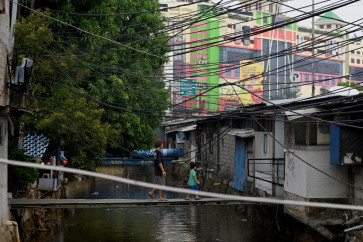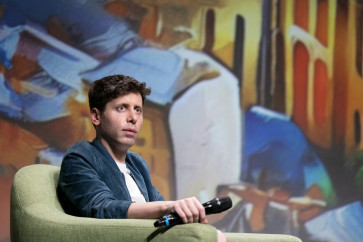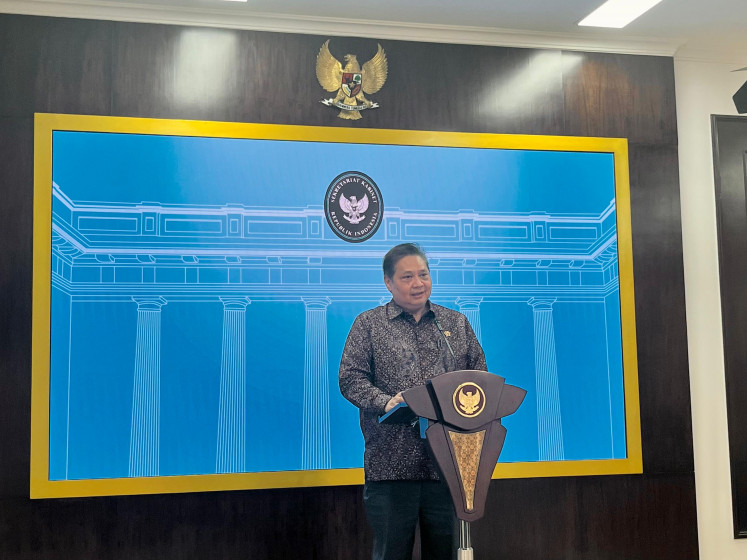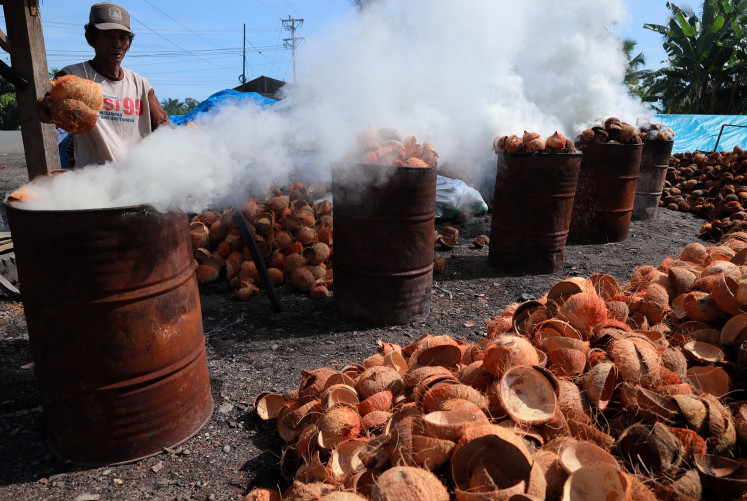House names 6 justices to Supreme Court
After conducting four-day fit-and-proper tests, the House of Representatives’ Commission III on law and human rights elected six Supreme Court justices Thursday, two academics and four from law career backgrounds
Change text size
Gift Premium Articles
to Anyone

A
fter conducting four-day fit-and-proper tests, the House of Representatives’ Commission III on law and human rights elected six Supreme Court justices Thursday, two academics and four from law career backgrounds.
The six elected justices gained the most votes among the 20 candidates.
As many as 55 out of 56 members of the commission voted. Each lawmaker was allowed cast up to six votes.
The candidate earning the most votes was one of the six non-career candidates, Salman Luthan. He gained votes from all 55 voters, putting him at the top of the list.
Fifty-one-year-old Salman is a post-graduate lecturer at the Yogyakarta-based Indonesian Islamic University (UII).
The candidate with the second-highest vote was South Kalimantan High Court Chief Soltoni Mohdally with 53 votes.
Yulius, a judge at Jakarta State Administrative Court (PTUN), was in third place with 50 votes.
The remaining elected judges were head of the Supreme Court’s Education and Training Center Supandi with 45 votes, Surya Jaya (42 votes), and South Kalimantan High Court Deputy Chief Achmad Yamanie (39 votes).
Surya is a law professor at Makassar’s Hasanuddin University with no career background in the judiciary.
However, he was an ad-hoc corruption judge since 2005.
The commission’s chairman Benny Kabur Harman of the Democratic Party said that the elected justices were the best among the candidates.
“All of the candidates were generally technically qualified. Our votes were based on their vision and mission as well as commitment on eradicating the judiciary mafia and corruption,” he told The Jakarta Post.
Benny denied any political deals behind the election. The composition of four career and two non-career justices were also a coincidence, he said. “We voted purely based on their competencies and commitments.”
Benny said Commission III was satisfied with the results.
He underlined that the commission had set higher selection standards this year to elect judges with a thorough understanding of legal, procedural and administrative regulations but also with a commitment to reform judicial institutions and to fulfill the people’s sense of justice.
“We hope they can make a differences and [bring] breakthroughs in the judiciary system,” he said.
The commission made a series of fit and proper tests on 20 candidates, from Feb. 15 to Feb. 18, (six non-career and 14 career candidates).
The non-career candidates were Surya, Salman, Natsri Anshari, Wijayanto Setiawan, Basuki Rekso Wibowo and Yohanes Sogar Simamora.
The career candidates were Yulius, Soltoni, Supandi, Yamanie, Burhan Dahlan, Moerino, Madya Suhardja, Sjam Amansjah, Nommy HT. Siahaan, Soemarno, Abdul Wahid Oscar, Purnamawati, Muhammad Saleh and Franciscus Loppy.
Under the 2009 Supreme Court Law, the commission could choose up to one-third of the total candidate listed for the Supreme Court.
There were originally 21 candidates scheduled to face fit-and-proper tests, but one of the career candidate, Sutoyo, passed away.









